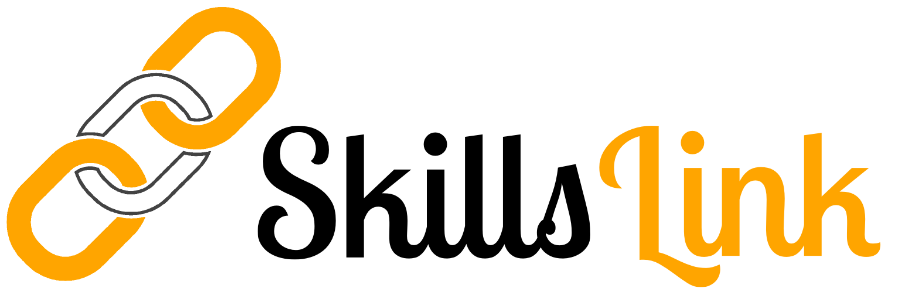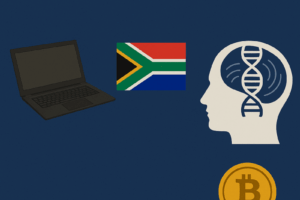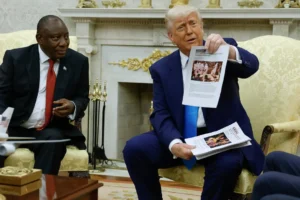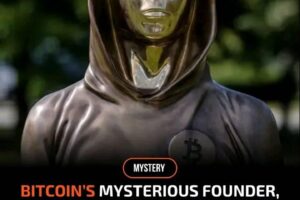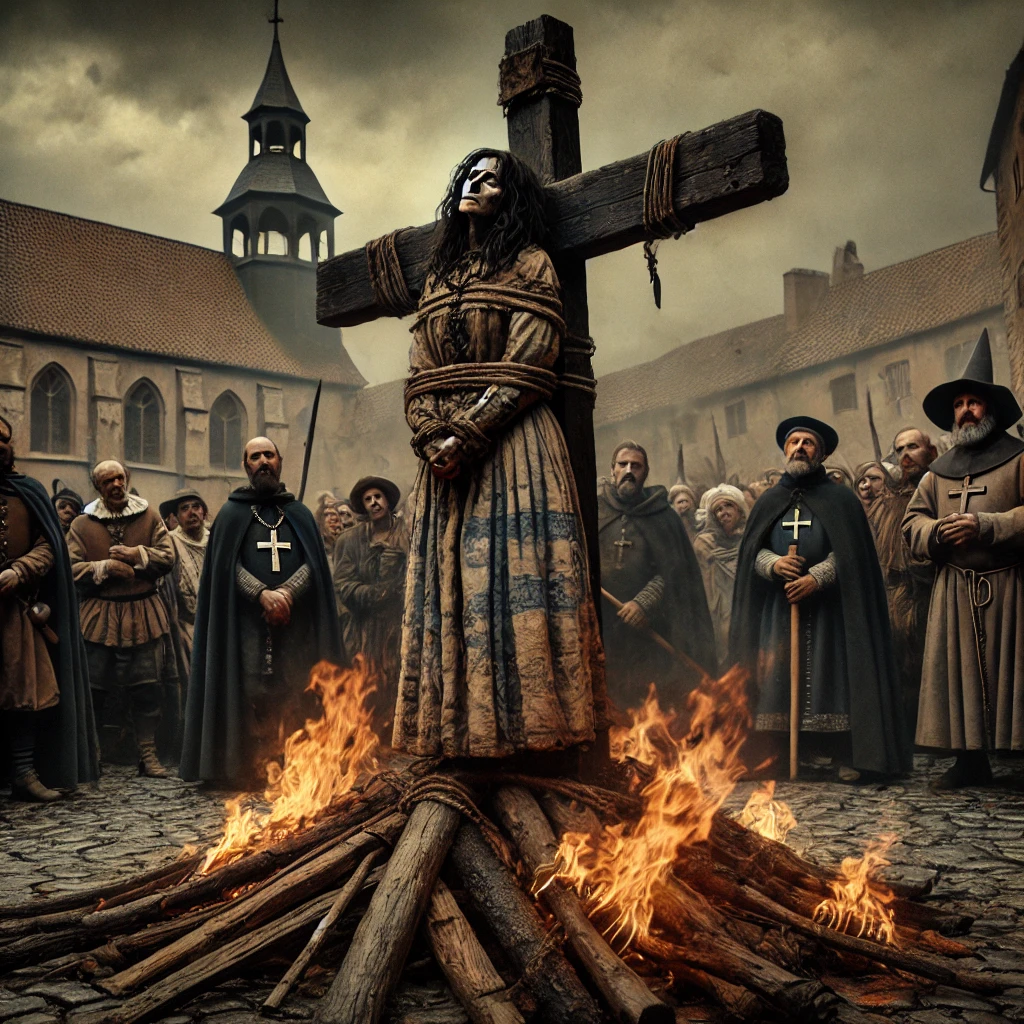
The Catholic Church: A Historical Analysis and Contemporary Critique
Abstract
This article examines the historical evolution of the Catholic Church from its inception to the present day, focusing on key transformative periods such as its establishment as the official religion of the Roman Empire under Constantine, its role in the Middle Ages Inquisition, and its contemporary interactions with global organizations like the World Economic Forum (WEF). The analysis also addresses the criticisms of Pope Francis’s alignment with globalist agendas and the perceived neglect of the Church towards the needs of the poor and marginalized.
Introduction
The Catholic Church has played a pivotal role in shaping the religious, cultural, and political landscapes of the world for nearly two millennia. This article delves into the Church’s historical journey, beginning with its early days, its establishment under Emperor Constantine, its involvement in the Middle Ages Inquisition, and its current stance under Pope Francis. It critically examines how the Church’s alliances and policies have evolved and the implications of these changes on its mission to serve the poor and marginalized.
Early History and Constantine’s Influence
The Catholic Church traces its origins to the early Christian communities founded by the apostles of Jesus Christ. These communities, initially persecuted by the Roman Empire, found a turning point with the conversion of Emperor Constantine in the early 4th century. Constantine’s Edict of Milan in 313 AD granted religious tolerance to Christianity, and by the end of the century, Christianity became the state religion of the Roman Empire (Frend, 1984). This pivotal shift not only afforded the Church protection and patronage but also entwined it with the political machinery of Rome, laying the groundwork for its future influence.
The Role of the Catholic Church in the Middle Ages Inquisition
The Middle Ages were marked by the Church’s growing temporal power and its role in enforcing orthodoxy through institutions like the Inquisition. Established in the 12th century, the Inquisition sought to combat heresy and preserve religious unity in Europe (Peters, 1988). While aimed at maintaining doctrinal purity, the methods and excesses of the Inquisition have been widely criticized for their cruelty and the suppression of intellectual freedom. This period highlighted the Church’s willingness to use coercive power to enforce conformity, raising enduring questions about the balance between faith and authority.
Pope Francis and Contemporary Criticisms
In the modern era, Pope Francis has been both lauded and criticized for his approach to global issues. Critics argue that his engagement with organizations like the World Economic Forum (WEF) aligns the Church with a globalist agenda that prioritizes economic and environmental policies over traditional spiritual and social concerns (Allen, 2021). Accusations of “Green Imperialism” suggest that initiatives endorsed by Pope Francis, such as those addressing climate change, may disproportionately impact developing nations and overlook the immediate needs of the poor and marginalized (Deneen, 2018).
Neglect of the Poor and Marginalized
One of the core missions of the Catholic Church is to advocate for the poor and marginalized. However, critics assert that the Church’s contemporary focus on global issues has diverted attention from the pressing needs of these groups. Despite Pope Francis’s vocal support for economic justice and environmental stewardship, there is a perception that the Church’s engagement with powerful global entities has not translated into tangible benefits for the most vulnerable populations (Gutierrez, 1984). This critique underscores a tension between the Church’s global advocacy and its local pastoral mission.
Conclusion
The Catholic Church’s history is marked by periods of profound transformation and controversy. From its establishment under Constantine to its role in the Middle Ages Inquisition, the Church has navigated complex relationships with political power. In the contemporary era, Pope Francis’s alignment with global organizations has sparked debates about the Church’s priorities and its commitment to the poor. As the Church continues to evolve, it faces the challenge of balancing its spiritual mission with its engagement in global issues, ensuring that its advocacy for justice and compassion remains steadfast.
References
Allen, J. L. (2021). The Catholic Church and the World Economic Forum: An analysis. National Catholic Reporter.
Deneen, P. J. (2018). Why Liberalism Failed. Yale University Press.
Frend, W. H. C. (1984). The Rise of Christianity. Fortress Press.
Gutierrez, G. (1984). We Drink from Our Own Wells: The Spiritual Journey of a People. Orbis Books.
Peters, E. (1988). Inquisition. University of California Press.
